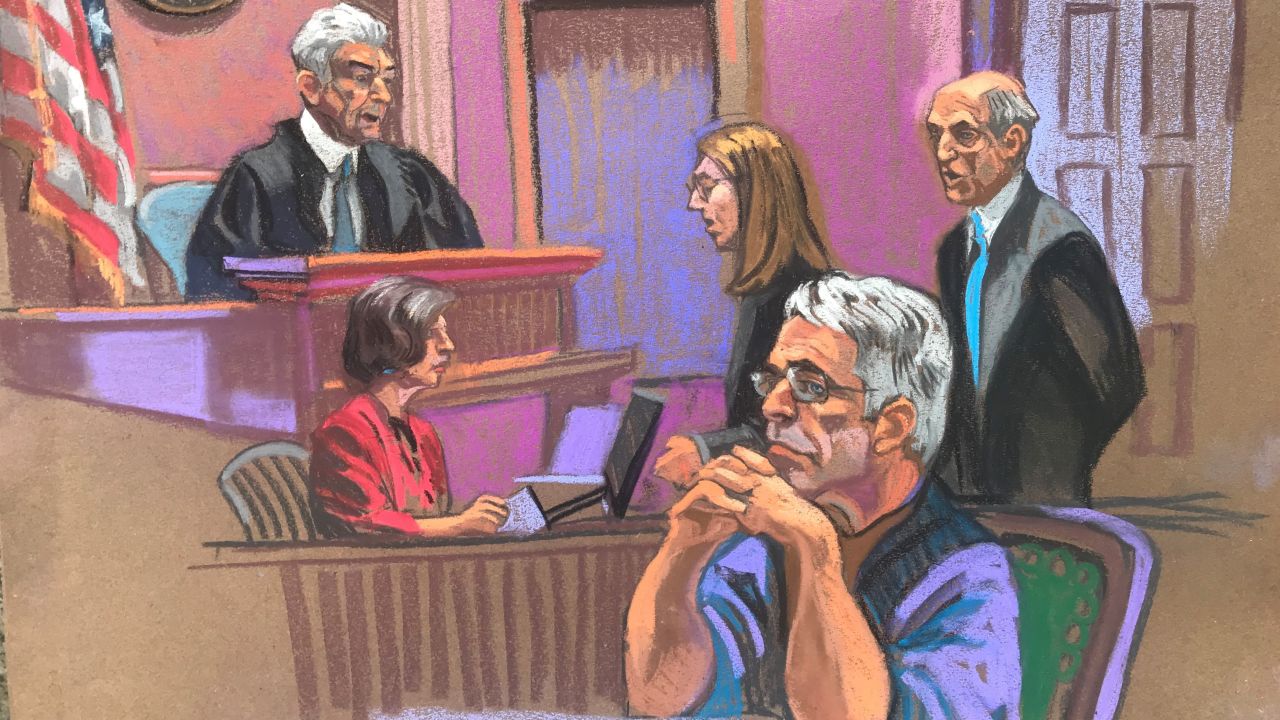As the fallout from the Jeffrey Epstein scandal continues to reverberate through the political landscape, one figure remains ensnared in the web of complicity and silence: Alex Acosta, former U.S. Secretary of Labor under Donald Trump. The implications of Acosta’s handling of Epstein’s case extend far beyond mere headlines; they expose a systemic issue in our justice system where privilege and power shield the affluent from accountability.
Acosta"s Role in Epstein"s Plea Deal
In 2008, a secret plea deal orchestrated by Acosta allowed Epstein to escape substantial punishment for his crimes against underage girls. This deal has been aptly dubbed “the deal of a lifetime” by the Miami Herald, which detailed how Epstein could have faced life in federal prison but instead walked away with a mere slap on the wrist.
Acosta"s defense, as reported by NBC News, indicated that the decision was made without proper notification to Epstein’s victims, violating federal law in the process. This lack of transparency and accountability not only allowed Epstein to continue his predatory behavior but also sent a powerful message about the inequities in our justice system.
Media"s Role in Reviving the Epstein Narrative
Recent discussions surrounding the Epstein case highlight the media"s potential complicity in allowing powerful figures to evade scrutiny. According to research findings, many Americans believe that unbiased political media coverage is crucial for democracy. Yet, the coverage of Acosta and Trump’s links to Epstein has often been overshadowed by partisan narratives that distract from the core issues at hand.
Greg Kelly of Newsmax recently suggested that the media’s interest in Epstein reignited only due to the potential to embarrass Trump. This illustrates a troubling trend where sensationalism overshadows the need for accountability and justice for victims, especially those from marginalized communities.

Jeffrey Epstein appeared in court for first time after jail incident | CNN
Implications for Victims and Justice Reform
The consequences of Acosta"s actions and the overall handling of the Epstein case are profound. Victims of Epstein"s abuses were denied their voices and, more importantly, justice. The 2020 Justice Department report criticized Acosta for exercising poor judgment, yet he remains a figure of influence, now serving on the board of Newsmax, as detailed in their press release. This raises critical questions about the entanglement of power, media, and justice.
Moreover, the light sentencing of Epstein reflects a broader issue within the criminal justice system that disproportionately impacts marginalized individuals. While affluent offenders receive leniency, people of color and low-income individuals face harsher penalties for lesser crimes. This systemic injustice necessitates comprehensive reform aimed at dismantling the structures that enable such disparities.
Calls for Accountability and Reform
The Epstein case has ignited a renewed call for accountability among those in power. Advocates are pushing for legislative measures that ensure victims are heard and that offenders are held accountable, regardless of their wealth or status. The recent scrutiny of Acosta"s actions should serve as a catalyst for change, urging lawmakers to reconsider how cases involving sexual abuse and exploitation are prosecuted.
Activists argue that without meaningful changes, the cycle of abuse will perpetuate, silencing victims and emboldening predators. The systemic flaws exposed by the Epstein case are not isolated incidents; they reflect a larger societal issue that requires immediate and sustained action. As reported by Stanford University, partisanship often eclipses truth in media narratives, complicating the quest for justice for the most vulnerable among us.

When the doors shut for good in one newsroom and opened in ...
The Intersection of Power, Media, and Justice
The connections between Acosta, Epstein, and Trump reveal a disturbing reality about how power dynamics operate in our society. The media"s focus on political angles rather than the experiences of victims indicates a profound failure to address the real issues at stake. The treatment of Epstein by Acosta and the subsequent media coverage has significant implications for how society views sexual violence and the importance of holding those in power accountable.
As we navigate the aftermath of the Epstein scandal, it is imperative to maintain pressure on lawmakers, media outlets, and influential figures to prioritize justice over politics. The voices of victims must be amplified, demanding transparency and reform that addresses the systemic injustices that allow such abhorrent behavior to go unpunished.



![[Video] Gunfire between Iraqi security forces and Sadr militias in Baghdad](/_next/image?url=%2Fapi%2Fimage%2Fthumbnails%2Fthumbnail-1768343508874-4redb-thumbnail.jpg&w=3840&q=75)
